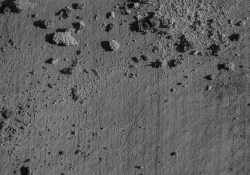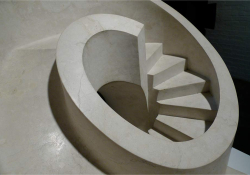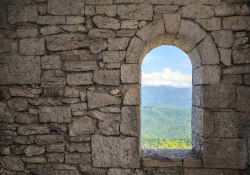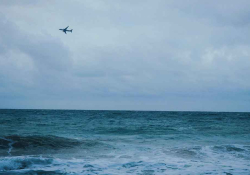The Norman Chronicles
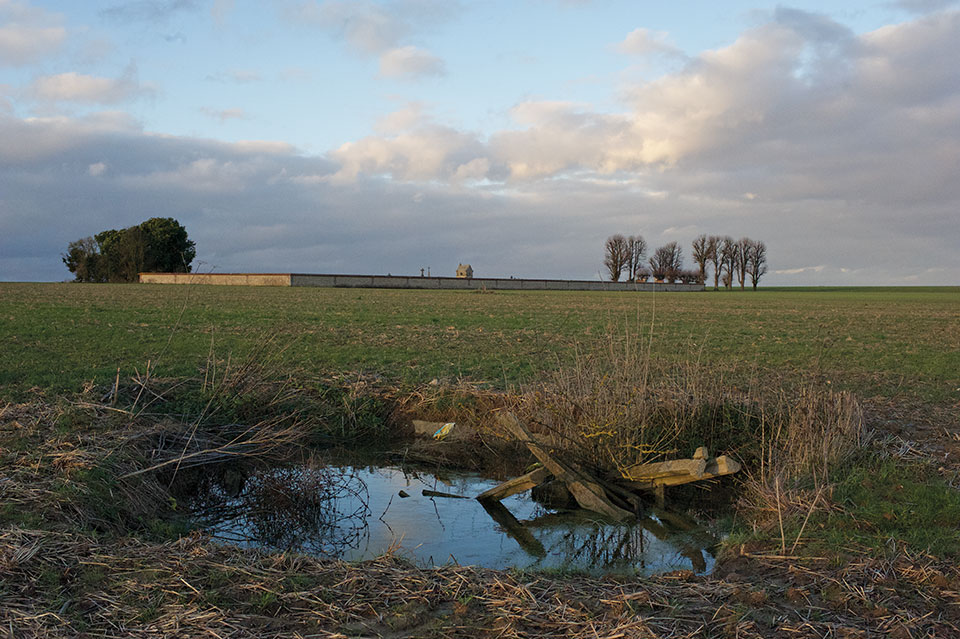
Author’s note: With this somewhat old-fashioned title, I actually intended to talk about the Normandy of today, a wasteland, an empty region, abandoned, shut down: some of the villages seem dead and their fields deserted (a cruel comparison with the countryside, not of Normandy but of the area around Beauce, depicted in La Terre, André Antoine’s 1921 film).
Décharge
Avant le tournant,
au fond du chemin large
et détrempé de neige fondue,
on entendait des détonations.
C’était, tard dans la nuit,
un simple d’esprit grimpé,
hagard et ravi,
sur le tas d’ordures, devant un feu,
il y lançait des aérosols
qui explosaient splendidement,
seul, cette dernière nuit de l’année.
Il était sympa, son patron:
tous les jours, il venait le prendre
et le ramenait là.
At the Dump
Before the road bends,
at the end of a wide path
soaked by melted snow,
you could hear the blasts.
There, late at night,
a man whose mind is not all there
had climbed atop a garbage heap
and stood, wild and overjoyed,
facing a fire,
tossing into it aerosol cans
that exploded splendidly—
alone, on this final night of the year.
His boss was a good guy:
every day, he picked him up
and took him there.
Le Mur de la Grange
Cette grange, je ne m’en souviens pas.
En pierre meulière, vaste et rectangulaire,
deux fenêtres symétriques à l’encadrement
de briques; et maintenant,
c’est comme un rêve, ce rêve raconté
d’un matin, d’une aube où les Parques se penchent
et, tentant d’avertir, annoncent la mort
prochaine d’une famille entière, ou de tout un village;
lorsqu’a pris le feu, tous dormaient, dans la maison,
et c’est alors peut-être que les villageois
ont vu, de loin, les flammes affamées sur le foin,
le bois, et toute la charpente noircir,
entendu la dévoration,
les cris, le désordre des pas et, dans la nuit,
vu l’aube fausse,
à cette chaleur intenable qui ne dit pas le matin mais
l’enfer.
The Wall of the Barn
That barn—I don’t remember it.
Made of millstone, vast and rectangular,
two symmetrical windows framed
in brick; and now,
it’s like a dream, a dream told
about a morning, a dawn when the Fates lean over,
and, in a sort of warning, announce the imminent
death of an entire family, or village;
when the fire started, everyone in the house was asleep,
and maybe it was then the villagers
saw from a distance the hungry flames seize the hay,
the woods, and the whole blackening structure;
heard the devouring,
the screams, the chaotic footsteps; and, in the night,
saw the false dawn
of that unbearable heat that doesn’t mean morning but
hell.
Translations from the French



